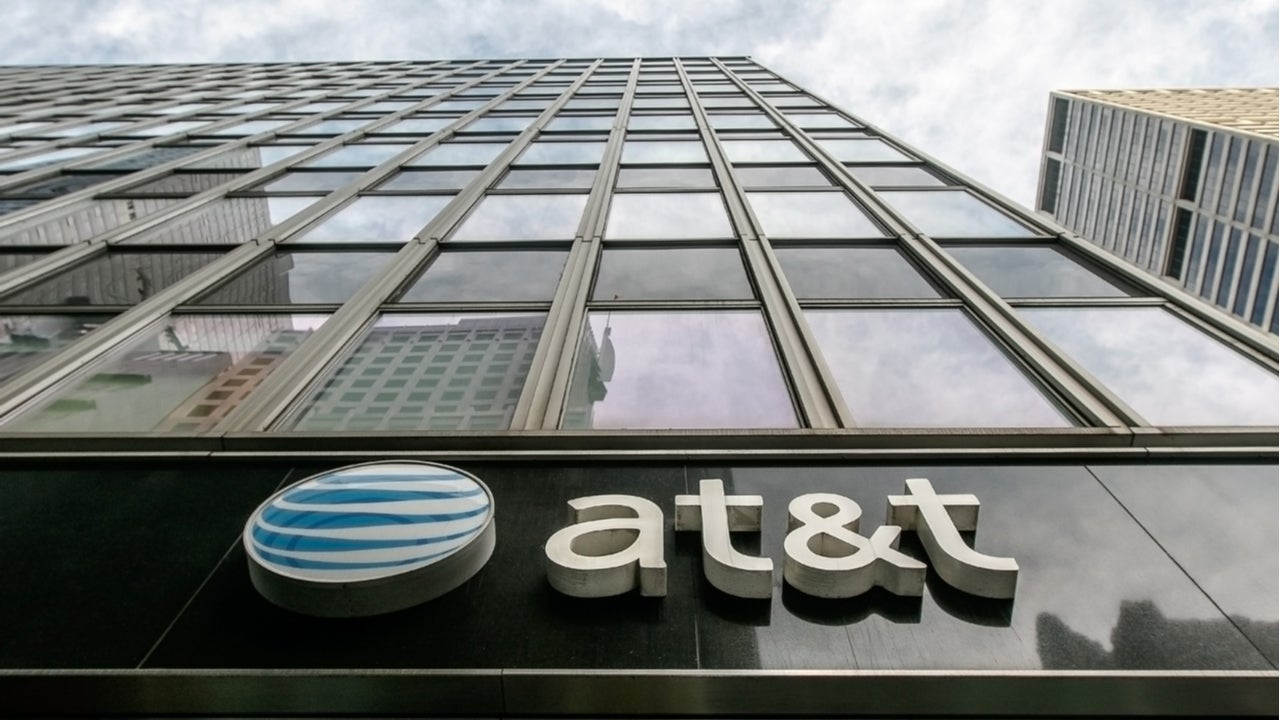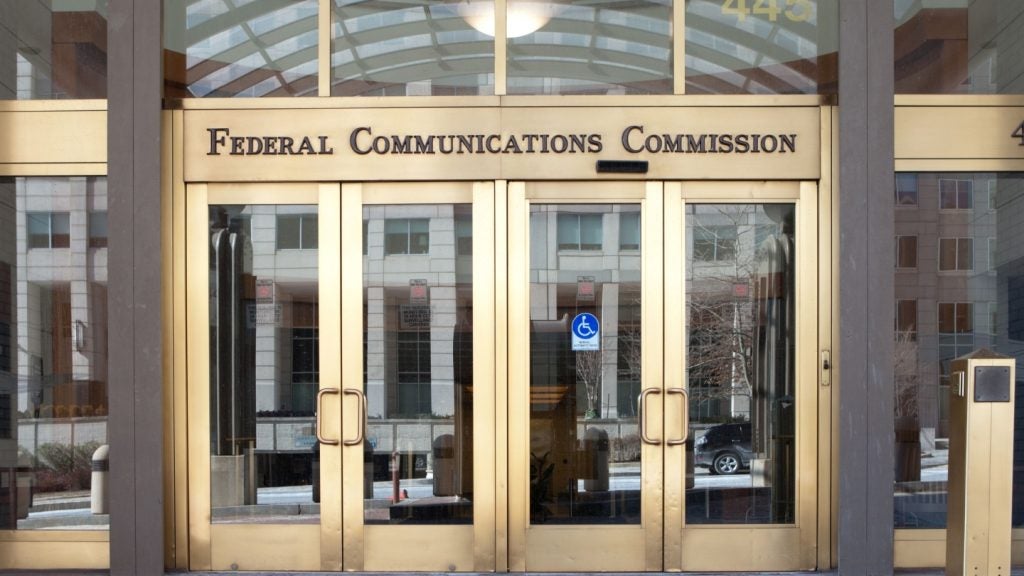
AT&T is the latest network operator to announce definitive carbon neutrality plans, indicating in September that it will be carbon-neutral by 2035. The company’s commitment to a definitive date is well-timed, considering the multiple environmental disasters currently playing out in the US that include devastating forest fires in the west and multiple hurricanes battering the Gulf of Mexico.
In order to achieve its goals, AT&T is pulling a number of levers, including:
- Virtualizing network functions, in the process installing low-cost, energy-efficient hardware that utilizes less energy and lower the company’s greenhouse gas emissions footprint. AT&T estimates 75% of its core network functions are now virtualized.
- Moving to a low-emissions fleet of vehicles, including more hybrid vehicles, as well as reducing the total fleet size and optimizing routes.
- Implementing thousands of energy efficiency projects across its network and operations to reduce electricity usage and lower costs.
- Improving sustainability within AT&T’s WarnerMedia subsidiary film and TV production operations by instituting cleantech solutions and looking to reduce or reuse waste in studios and filming locations.
- Entering into power supply agreements with a host of renewable energy suppliers.
AT&T also intends to purchase carbon offsets to counter emissions sources that it is unable to eliminate entirely. In total, the company estimates it will reduce the yearly emissions equivalent of 1.1 million homes.
Carbon neutral initiatives gain pace with network operators
One unique feature of AT&T’s plan is the expansion of its Climate Change Analysis Tool (CCAT) from its current pilot in four states across the entire US The CCAT is designed to identify potential impacts of climate change on its network and operations up to 30 years into the future. AT&T will make its climate modeling data available to the public, including to universities and municipalities, to aid in other climate risk analysis assessments.
AT&T’s carbon emissions reduction target essentially matches the commitment made by Verizon, which announced plans in 2019 to become carbon neutral by 2035. Both companies are joined by a host of European operators committing to “green” initiatives.
Vodafone announced in July it was committed to reusing, reselling or recycling 100% of its ‘network waste’ on the way to halving its environmental footprint by 2025. Similarly, Dutch network operator KPN has committed to having nearly 100% of its parts and resources reused or recycled by 2025. Also, German multinational operator Deutsche Telekom has committed to reducing its climate-impacting emissions by 90% by 2030.
How well do you really know your competitors?
Access the most comprehensive Company Profiles on the market, powered by GlobalData. Save hours of research. Gain competitive edge.

Thank you!
Your download email will arrive shortly
Not ready to buy yet? Download a free sample
We are confident about the unique quality of our Company Profiles. However, we want you to make the most beneficial decision for your business, so we offer a free sample that you can download by submitting the below form
By GlobalData





Related Company Profiles
Deutsche Telekom AG